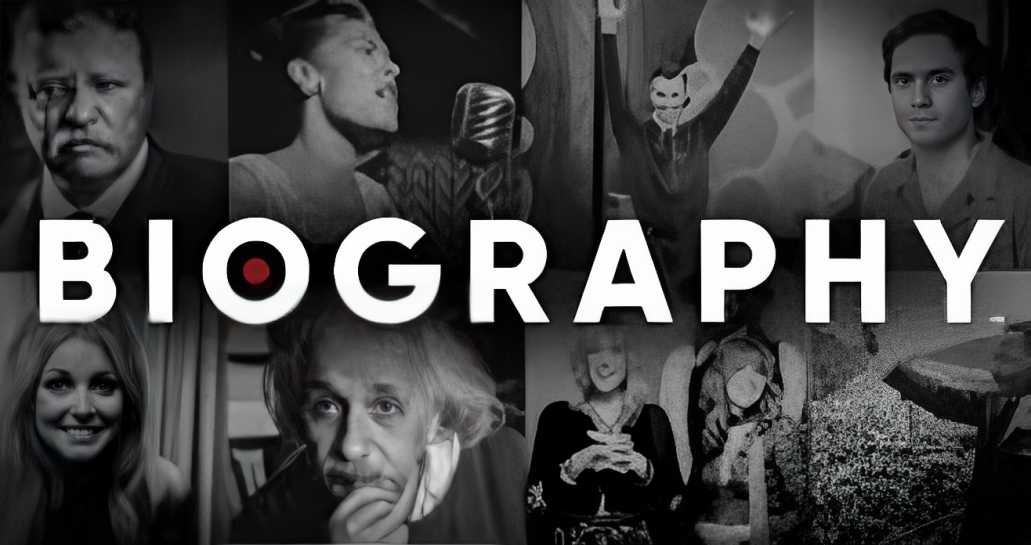A long-loved literary genre, biography is the art of conveying the essence of a person’s life narrative. Biographies have given us a look inside the lives of famous people throughout history, enabling us to comprehend their accomplishments, challenges, and contributions to society. In this blog, we explore into the interesting field of biography, studying the various subgenres that have developed over time and tracing its history.
History of Biography
The history of biography can be found in antiquity. Plutarch, a Greek philosopher and historian, wrote “Parallel Lives,” a collection of biographies that contrasted the lives of notable Greeks and Romans. These biographies attempted to illuminate the personalities and moral principles of their subjects in addition to recording historical events.
A resurgence of excitement for biographical writing emerged during the Renaissance as a result of a boom in individualism and humanism. Writings by Renaissance authors like Giorgio Vasari, such as “Lives of the Artists,” which described the careers of well-known painters, sculptors, and architects, are noteworthy.
The popularity of the novel and the development of the “Great Man Theory” in the 18th and 19th centuries contributed to the increased prominence of biography. Numerous biographies of significant persons in politics, the arts, and the sciences have been written as a result of this theory’s emphasis on the impact of extraordinary people on history.
Types of Biographies
1.Popular Biographies:
Popular biographies are ones that attempt to inform and delight readers alike and are published for a general readership. They frequently concentrate on well-known individuals, such as politicians, entertainers, and sports leaders, luring readers looking for details on the lives of their heroes. These biographies can have been authored by the subjects themselves or by authors with academic degrees.
2.Critical Biographies:
Critical biographies look further into the lives of people in an effort to offer a thorough evaluation of their character, achievements, and influence. These biographies, which are written by academics and subject matter specialists, make extensive use of primary materials as well as in-depth study and analysis to create a complex and unbiased portrait of the subject.
3.Historical Biographies:
Historical biographies examine the lives of people who were influential during particular historical eras or events. These biographies provide insight into the situation, difficulties, and outside factors that affected the subject’s life. In order to provide readers a more comprehensive picture of the period in which the subject lived, historical biographers frequently combine personal accounts with historical analyses.
4.Literary Biographies:
In literary biographies, the lives of writers, poets, and other literary luminaries are emphasized. The influences and experiences that impacted the subject’s work are examined as they dive into the creative process. The relationship between an author’s biography and their literary works is frequently explored in literary biographies, offering both academics and book lovers useful insights.
5.Fictional Biographies:
Biographical novels, usually referred to as “biofiction,” or fictional biographies, combine aspects of biography with fiction. They create wholly imaginary characters set in a historical setting or reimagine the lives of historical persons. These books give authors the chance to use imaginative storytelling approaches while delving into the motivations and inner lives of people.
The Impact of Biographies
The impact of biographies on both people and society at large is significant. Let’s look at some of the main ways that biographies make an impact:
- Readers might be inspired and motivated by biographies. Biographies illustrate the potential of human potential and accomplishment by showcasing the lives of great people. Readers may be inspired by them to follow their goals, confront challenges, and strive for greatness. Reading about the triumphs and tribulations of role models can inspire a spirit of resilience and resolve.
- Readers of biographies have the chance to reflect on themselves and advance personally. Readers can learn about their own goals, values, and strengths by studying the lives of others. The reading of biographies can aid people in navigating their own journeys by offering direction, inspiration, and a better understanding of who they are. They can be great resources for knowledge and direction, providing lessons and viewpoints that readers can relate to.
- By bringing the past to life through the lens of personal experiences, biographies aid in our knowledge of history. Biographies offer a rich background for comprehending the social, cultural, and political dynamics of various times by delving into the lives of historical figures. They helped readers better understand the intricacies of the past and how it affected the present by shedding light on the individual motivations and choices that shaped historical events.
- By encouraging readers to put themselves in another person’s shoes, biographies encourage empathy and compassion. Biographies build a bridge of understanding between many people and cultures by probing the pleasures, tragedies, and difficulties of a subject’s life. By emphasizing the common human experiences of love, loss, triumph, and hardship, they encourage empathy. Readers can gain a deeper understanding of compassion and a greater appreciation for variety through this insight.
- The legacy of famous people is preserved in large part thanks to biographies. Biographies make sure that their lives, accomplishments, and contributions are remembered by providing documentation. They offer a way for wisdom, principles, and lessons to be transmitted from one generation to the next. Inspiring future generations to carry on their efforts and goals, biographies demonstrate the influence that one person can have on society.
- Biographies are important educational tools. They provide a distinctive viewpoint on historical occurrences, societal transformations, and cultural movements. For students of all ages, biographies offer a narrative method of learning that makes difficult subjects more approachable and interesting. They promote analytical thinking, critical thinking, and a better comprehension of the complexity of human existence.
ALSO READ: THE BARD AND GOOGLE: HOW TECHNOLOGY IS



